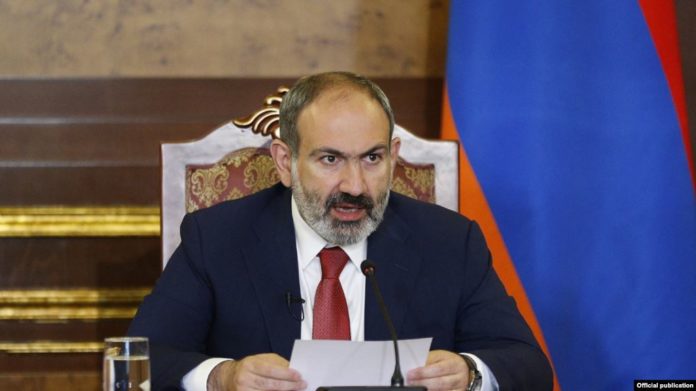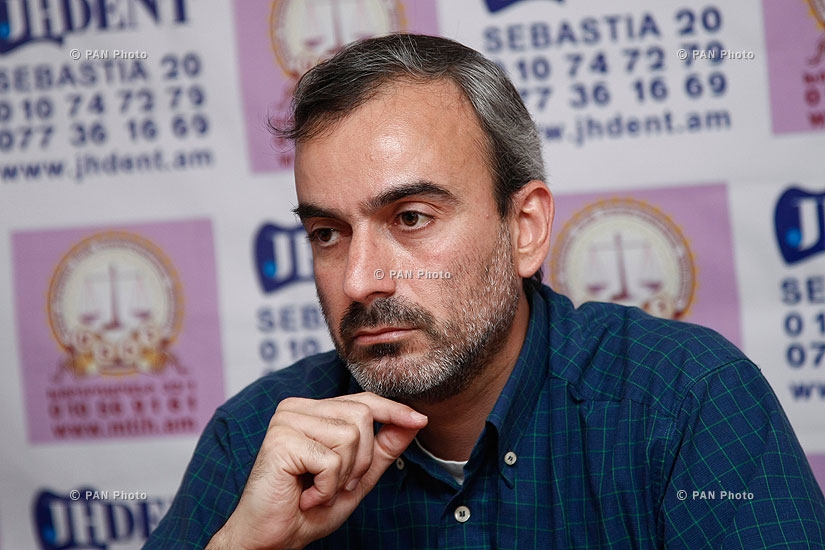YEREVAN (Combined Sources) — Prime Minister Nikol Pashinyan on September 9 asked the residents of Jermuk to open the roads leading to the Amulsar gold mine.
He said that even if the roads are opened now constructions works will not commence there until April 2020.
“I am asking the residents of the town of Jermuk to open the roads leading to the Amulsar mine because you don’t need to close them, because you have a government which in the event of seeing a legitimate necessity to close these roads, will go and close the roads with its tools and lawful authority,” he said during a live Facebook broadcast.
Pashinyan added that his government has no “legal grounds” to ban its development by a Western mining company.
Pashinyan said that failure to allow the company, Lydian International, to mine gold at the Amulsar mine would have severe consequences for Armenia’s economy and even national security. He also argued that Lydian has given the Armenian government more guarantees that mining operations there would not contaminate water, soil and air.
“My statement remains the same as during the last live broadcast, that at least for now we don’t have any legal grounds to ban the operations of the Amulsar mine. But understandably we can’t not take into account the concerns which exist among our society,” he added.











